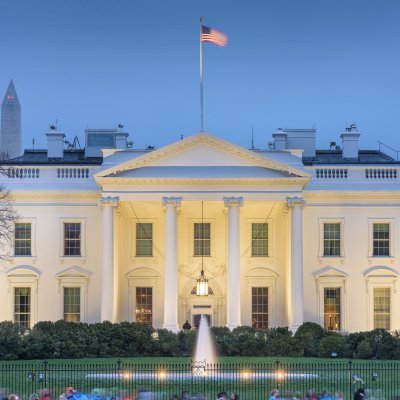First Amendment Clinic releases report on First Amendment implications of Trump White House NDAs
Analysis: Trump White House NDAs are Likely Unconstitutional
The nondisclosure agreements (NDAs) that President Donald Trump has required many White House employees to sign – unlike any previous administration – are likely unconstitutional, according to an analysis by Cornell Law School’s First Amendment Clinic.
A civil lawsuit filed Oct. 12 by the Department of Justice – against Stephanie Winston Wolkoff, a former unpaid aide to First Lady Melania Trump and author of a tell-all book – marks the administration’s first attempt to enforce one of the NDAs.
The case exposes an overbroad agreement that infringes on the First Amendment rights of both government employees and the press, representing “a grave affront to our system of free expression,” according to the clinic’s report, “Nondisclosure Agreements in the Trump White House,” released Oct. 20.
“The First Amendment enshrines a collective commitment to vibrant public debate on issues of governance,” the report states. “Allowing the White House to stymie damaging revelations for political purposes would subvert the standard of transparency to which we hold our democratically elected officials.”
First Amendment Fellow Tyler Valeska is the lead author of the analysis with Law School student co-authors Michael Mills, Melissa Muse and Anna Whistler.
Said Valeska: “We think the White House NDAs are unconstitutional in the vast majority of applications.”
Now commonplace in the private sector, corporate NDAs became widespread in Silicon Valley in the 1970s as a means to protect intellectual property, according to the report. They are often employed by political campaigns, including Trump’s and Hillary Clinton’s in 2016, and Trump has used them extensively in his businesses and personal life.
But contrary to public statements by some of his advisers, the researchers say, Trump is the first president to implement private sector-style secrecy agreements for White House staff, reportedly ranging from senior aides to interns.
“President Trump’s White House NDAs differ immensely from the practices of previous administrations,” they wrote.
Since the Eisenhower administration, “executive privilege” has protected deliberations between presidents and senior advisers to ensure candid discussion of sensitive matters.
Government employees and contractors granted access to classified information must sign Standard Form 312, agreeing not to disclose that information without authorization in the interest of national security.
But the Trump White House NDAs – instituted in 2017 in reaction to leaks – appear to go much further, the researchers say, banning disclosure of all “nonpublic, privileged and/or confidential information,” including any information about Trump’s businesses or family. They also apply indefinitely.
When classified material isn’t at issue, First Amendment jurisprudence generally prohibits prior restraints on speech and government discrimination against speech based on its content or viewpoint. Any such infringements must pass strict legal scrutiny, according to the analysis.
That means the White House NDAs must serve a compelling government interest and be narrowly tailored. Instead, the authors say, the NDAs are “remarkably broad” in scope and the government has “no substantial interest” in hiding information embarrassing to the president.
“A former government official challenging the constitutionality of a White House NDA would have a strong case,” the report states.
Prohibiting government employees’ speech about nonclassified information also infringes on the rights of the press to gather information and receive it from willing sources, the authors argue.
“This is basic First Amendment theory, that for democracy to function properly you need to know what your government is doing in order to inform opinions about whether or not they’re doing it well,” Valeska said. “The primary way that we get that information is through the press via government sources.”
The Wolkoff case, the authors concluded, represents a “line in the sand,” with the Justice Department presenting weak legal arguments that the courts and future administrations should reject.
“Should the government prevail, the speech rights of wide swaths of future executive branch employees would be jeopardized,” the report says. “And the free flow of information that drives our democracy would be severely inhibited.”
Article by James Dean, Cornell Chronicle
